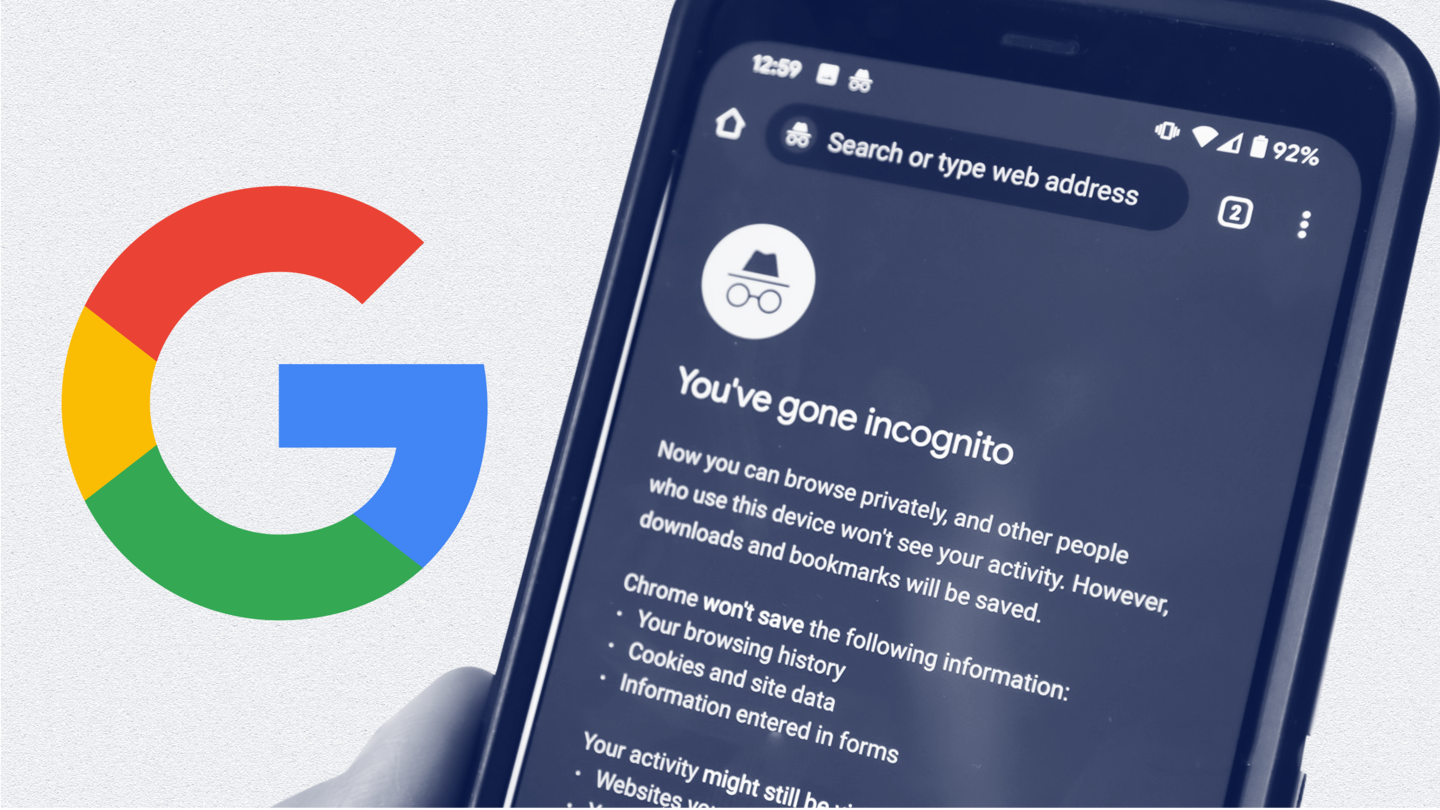
Chrome Incognito case: Judge disturbed by Google's data collection practices
What's the story
In June 2020, we reported that a class-action lawsuit had been filed against Google. It was caught tracking Chrome users' browsing history and web activity even in the Incognito mode.
The hearing is being presided over by US District Judge Lucy Koh, who has a history of holding Silicon Valley giants accountable for their actions.
Koh said she's "disturbed" by Google's data collection practices.
User profiling
Why collect data if Google doesn't intend to use it?
The lawsuit describes Google's privacy promise as a "ruse" to collect user data. It seeks $5,000 in damages for each of the millions of Incognito mode users since June 2016.
Koh said she finds it "unusual" that the company would collect user data it doesn't ostensibly use.
In reality, Google's data-driven business profiles users for personalized advertisements.
All for advertising
Judge Koh has taken Google to task in previous cases
Koh has been vocal in her criticism of Google's privacy policies. In a 2014 case, she forced Google to disclose how and why it scanned emails to develop user profiles. Even back then Google had the same excuse: targeted advertising.
In the current lawsuit, Google initially defended itself by saying every new Incognito tab clearly states websites could collect browsing activity and user information.
Unethical practices
Here's how Google tracks you in Incognito mode
Notably, Google is accused of leveraging code within websites that use its analytics and advertising services to track and store browsing history.
Google's lawyers Andrew Schapiro and Stephen Broome argued that their client's privacy policy "explicitly discloses" its data collection practices. They added that websites partnering with Google for advertising and analytics are accepting of how Google collects user data.
Federal Wiretap Act
Case highlights users' lack of control over data collection
Meanwhile, Amanda Bonn, a lawyer representing users, said Google's Incognito mode gives users the illusion of privacy. Meanwhile, in reality the feature shows just how little control users have over collection of their own data, she added.
The lawsuit alleges that Google is in violation of the Federal Wiretap Act as it tracks users' activity under the pretext of complete privacy.
More hot water
Google lawyer's attempt to downplay privacy concerns backfires royally
Google's lawyer proceeded to point out the federal court system's own website uses Google's services.
The move backfired as Judge Koh directed Google's lawyers to present a declaration from Google on what information is collected from unwitting visitors to the court's website.
While the lawyer was attempting to downplay privacy issues, Koh expressed concern and demanded an explanation "about what exactly Google does".